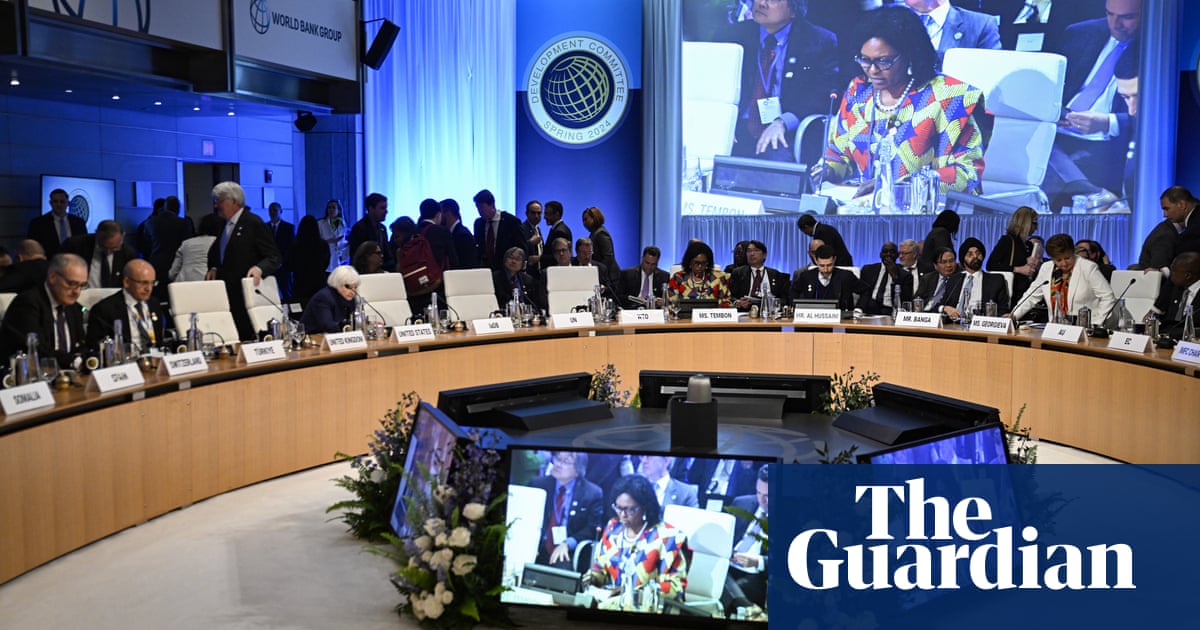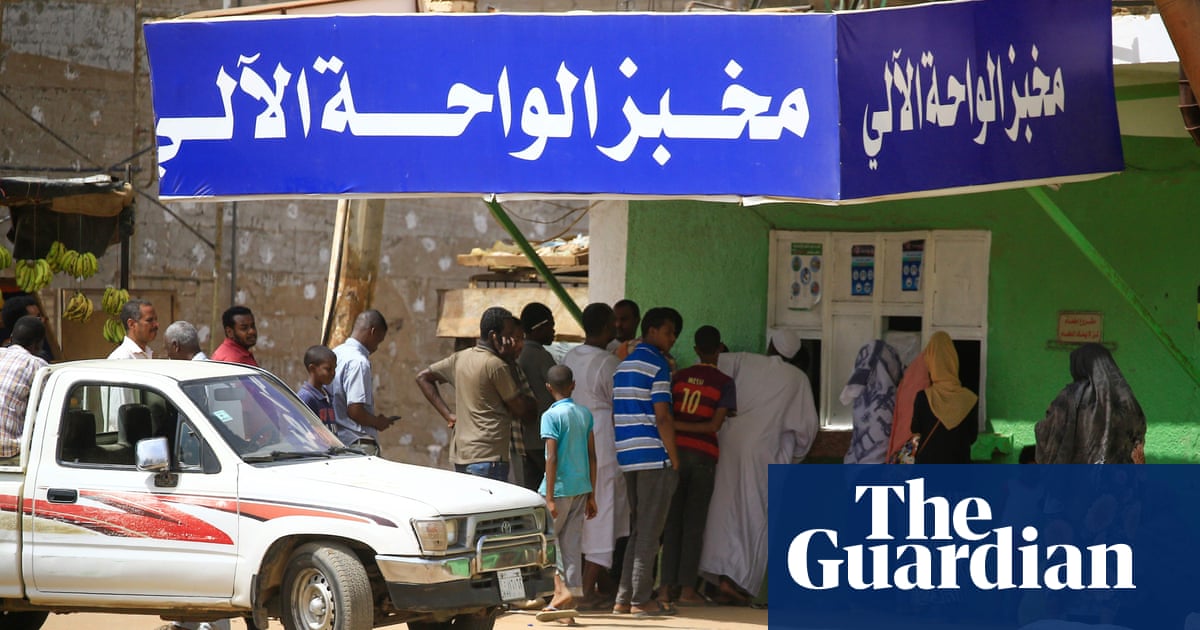
The World Bank has stepped up its call for a comprehensive programme of debt relief after revealing that the amount owed by the poorest countries was at record levels even before the onset of the Covid-19 crisis.
Statistics released by the Washington-based institution showed that the external debt of the 73 countries currently eligible to have this year’s repayments suspended stood at $744bn (£568bn) at the end of 2019 – an increase of 9.5% on 2018.
There is growing concern of an imminent debt crisis among low-income countries struggling to keep up the payments on money borrowed from a mix of public and private creditors over the past decade.
Both the World Bank and its sister organisation, the International Monetary Fund, have warned that poor countries are being forced to cut back on health and education spending to keep up repayments on debts incurred before their economies were hit by a collapse in demand for their exports and a drop in remittances.
In recent weeks the World Bank and the IMF have been pressing the G20 group of leading developing and developed nations to extend the debt suspension initiative for a further 12-month period while a long-term plan is worked out.
“Achieving long-term debt sustainability will depend on a large-scale shift in the world’s approach to debt and investment transparency,” said the World Bank president, David Malpass. “The time has come for a much more comprehensive approach to tackling the debt crisis facing the people in the poorest countries – one that involves debt-service suspension as well as broader efforts such as debt-stock reduction and swifter debt-restructuring, grounded in greater debt transparency.”
Malpass said the signs were that G20 finance ministers would agree to only a six-month extension to the scheme when they meet virtually this week, adding that the impact of the initiative was being blunted because China, the biggest G20 creditor, had yet to take part in it.
World Bank data showed that the stock of debt owed by low-income countries to bilateral creditors, mostly G20 countries, amounted to $178bn in 2019.
Within the G20, China was by far the largest creditor, accounting for 65% of the debts owed to the group – up from 45% in 2013. Malpass said China tended to charge higher interest rates than other creditors and there was a lack of transparency about the terms of its lending.
The World Bank’s chief economist, Carmen Reinhart, said it was vital governments had the ability to invest in health, education and infrastructure.
“If you have a debt problem, all those ambitions suffer. That’s why it’s important to get the debt on to sustainable ground as quickly as possible. We can’t afford another lost decade,” she said.












